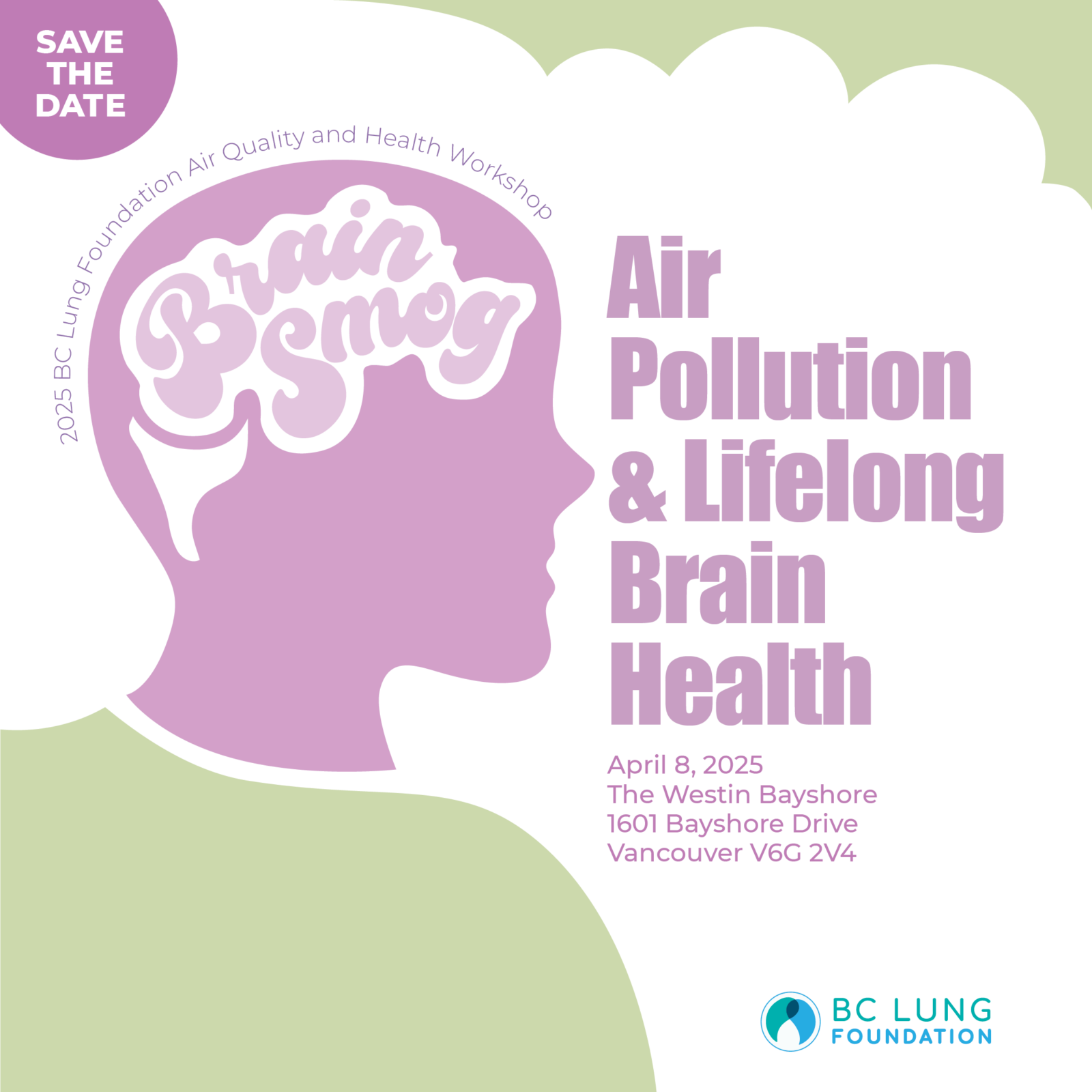Air Quality & Health Workshop
Organized annually, the workshop brings together air quality and environmental health experts and policymakers to share new insights regarding priority public health issues.

Air Quality & Health Workshop 2025
Air Pollution & Lifelong Brain Health
This workshop explored the impact of air pollution on brain health, focusing on recent research that links exposure to air pollution with cognitive decline and neurodevelopmental disorders.
Experts in neuroscience, environmental science, and public health presented findings on how air pollution can affect brain function, particularly in susceptible populations such as children and the elderly.
Videos coming soon!